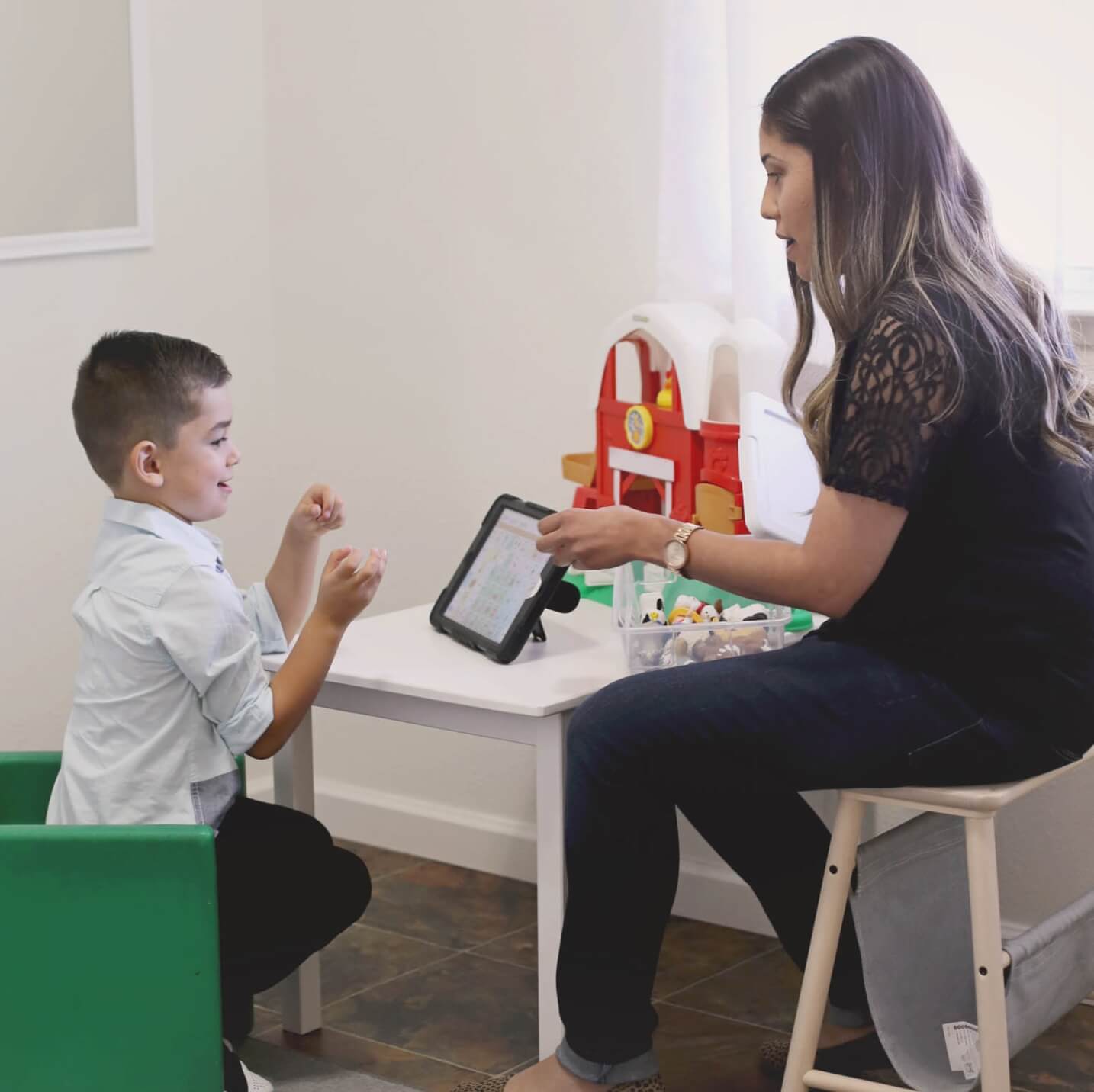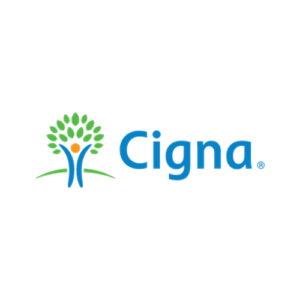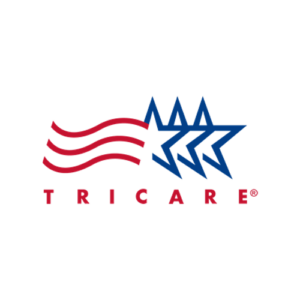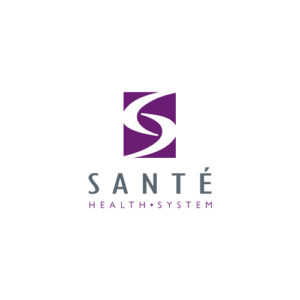Speech therapy that gets results you can see
Partner with one of our experienced therapists to start making a difference in your child's life today. Click the video below to see what the Metamorphosis Therapy Group experience looks like.
Get started todayWhat we treat
We're here to help with all of your therapy needs.
Get started
We're here to help with all of your therapy needs.
All new patients start with a comprehensive assessment that allows us to hone in on your child's needs and match them with a therapist.
Get started today

How it works
1
Get assessed
We develop a comprehensive assessment plan before you step in for your first appointment to allow us to hone in on your concerns for your child’s speech and language needs and get started in therapy right away.

2
Get matched
Your child will be matched with a therapist that best compliments your child’s personality, learning style, and therapist expertise.

3
Begin sessions
We begin the implementation of a comprehensive therapy program for all areas of need identified during evaluation.

4
Track your progress
We contstantly monitor your child's progress to ensure they are improving and reaching their goals.
Learn more about Metamorphosis
Meet our founder and learn about our why and what drives us professionally.
Our business is 100% local to and operated by our lead therapist.
Our staff has more than 50 years combined experience working in therapy.
We develop a unique therapy program for each patient to best address their needs.
We make our sessions fun and engaging and start with your child’s strengths.
Frequently Asked Questions
What do therapy sessions look like?
We spend the first few sessions getting to know your child and building trust and a relationship. We teach children skills through ways they learn-through play! We encourage parents to participate in sessions so you may learn our techniques and carry over the skills taught in therapy at home.
What happens at the first appointment?
Our therapist will review your intake paperwork prior to your appointment. Our therapy rooms are designed with children in mind- we have a lot of toys and engaging materials to encourage your child to relax, explore, and play. The therapist will engage with your child and ask questions about your primary concern. Your child may be given more formal assessments when age and skill appropriate where they are asked to point to items, formulate sentences with prompts, or complete skill assessments. The assessment time may range from 30-75 minutes depending on the the presenting concern, type of therapy assessment, and age/current skill level and participation of the child. At the end of the assessment, your therapist will make a recommendation for therapy if appropriate and our scheduling team will take over from there!
What areas do we service?
Our Fresno office is conveniently located by freeway 41 with a short 8 minutes to Riverpark, and 30 minutes from Madera and 20 minutes from downtown Clovis. We also offer telehealth services so you can access therapy conveniently in your home anywhere in California!
Do you do home visits?
We do home visits for patients referred through and funded by Central Valley Regional Center. We do not provide home visits for insurance based clients. Availability of services may vary.
What services do we offer?
We currently are accepting new patients for speech and occupational therapy. Watch for openings soon for physical therapy!
Do you do feeding therapy?
Yes! Our skillfully trained occupational therapists complete an assessment to determine concerns and develop a treatment plan to help your child accept eating a variety of foods safely.
My doctor sent over a referral, what happens next?
Our intake team will reach out and gather your email to send you digital intakes. Once they are completed, we will verify your insurance, advise you on benefit coverage, and get you scheduled for your first appointment. Not using insurance? No problem, once you complete your intake paperwork, we will reach out and get you scheduled. All intakes must be completed prior to scheduling an assessment.
What insurances do we accept?
We accept all major insurances! We know therapy programs require a commitment of at least 6 sessions to see progress, and by accepting insurance we are able to help more kids who would otherwise not be able to afford therapy. Click here for a comprehensive list of our in network insurances. Sorry, no medi-cal accepted at this time.










